Filter by
Sort
Training Bundles
- Artificial Intelligence
- California HR Essentials
- Cybersecurity Essentials
- Digital Transformation
- Diversity, Equity & Inclusion
- DOT/CDL
- Drug and Alcohol Compliance
- Financial Compliance
- First Aid
- Food Safety
- HIPAA Compliance
- HR Essentials
- Leadership
- Mental Health & Wellbeing
- OSHA / Construction Safety
- Personal Development
- Project Management
- Retail
- Workplace Harassment
- Workplace Safety
State
Language
Tags
Price
Duration
Audience
Online Cybersecurity Compliance Data Privacy & Protection Courses
Courses

Cybersecurity Compliance
Data Privacy and Cybersecurity Course

Cybersecurity Compliance
California Consumer Privacy Act: Responsibly Managing Personal Information Course

Cybersecurity Compliance
Cyber Security Basics Course

Cybersecurity Compliance
Cybersecurity Awareness | Safeguarding Against Online Threats Course

Cybersecurity Compliance
Cybersecurity: Implement Data Protection Best Practices To Safeguard Consumer Privacy Course

Cybersecurity Compliance
Personally Identifiable Information: 01. Introduction to PII

Cybersecurity Compliance
Data Protection Essentials Course (Spanish European)
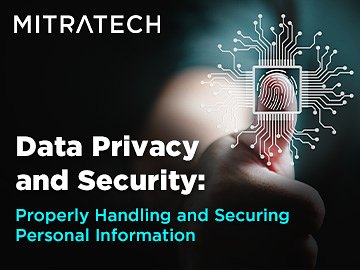
Cybersecurity Compliance
Data Privacy and Security: Properly Handling and Securing Personal Information Summary 2nd Edition
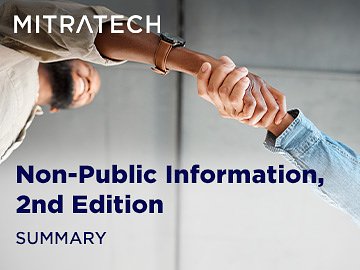
Cybersecurity Compliance
Non-Public Information, 2nd Edition (Core) Summary
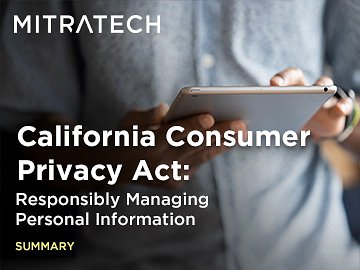
Cybersecurity Compliance
California Consumer Privacy Act: Responsibly Managing Personal Information (Summary)
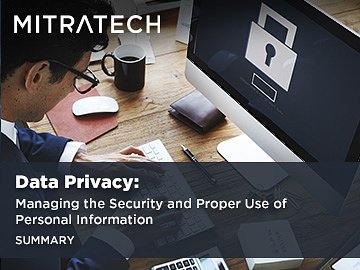
Cybersecurity Compliance
Data Privacy: Managing the Security and Proper Use of Personal Information (Summary)

Cybersecurity Compliance
Global Data Privacy Awareness S7

Cybersecurity Compliance
Cybersecurity Awareness S7
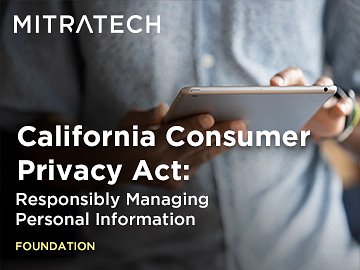
Cybersecurity Compliance
California Consumer Privacy Act: Responsibly Managing Personal Information (Foundation) Course
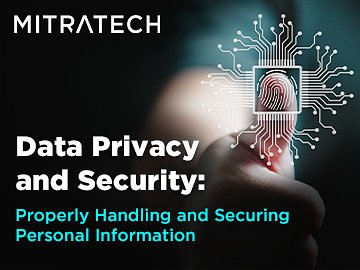
Cybersecurity Compliance
Data Privacy and Security: Properly Handling and Securing Personal Information Course
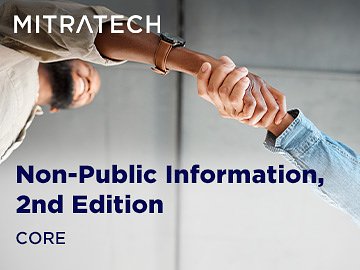
Cybersecurity Compliance
Non-Public Information, 2nd Edition (Core) Course
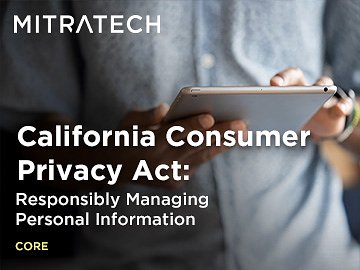
Cybersecurity Compliance
California Consumer Privacy Act: Responsibly Managing Personal Information (Core) Course
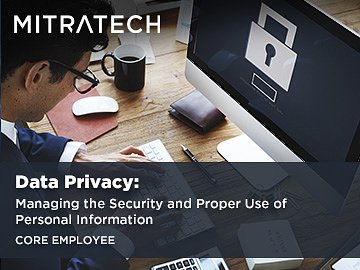
Cybersecurity Compliance
Data Privacy: Managing the Security and Proper Use of Personal Information (Core Employee) Course
![[eC] Protect Your Identity](https://d3j97zp5cysk3u.cloudfront.net/181254.jpg)
Cybersecurity Compliance
[eC] Protect Your Identity

Cybersecurity Compliance
California Consumer Privacy Act: 02. How To Comply With the CCPA & CPRA

Cybersecurity Compliance
California Consumer Privacy Act: 01. What Are the CCPA & CPRA?

Cybersecurity Compliance
Understanding the Online Safety Act 2023 Course

Cybersecurity Compliance
Network Security ISO 27001 and 27033 Essentials Course
About Data Privacy & Protection Training
A friend once told me about the time her team accidentally sent a file of patient details to the wrong contact. Nobody meant any harm—it was a busy afternoon and one slip of the mouse did it. But the fallout was rough: late nights preparing audit reports, a tense call with regulators, and a wave of distrust from patients. That story isn’t rare. It’s exactly why Data Privacy & Protection Training matters. Technology may be strong, but people are the ones who keep data safe—or expose it.
Why Data Privacy & Protection Training Matters
Every company handles sensitive information. Payroll records, customer emails, payment details, or health data—it’s all valuable. And if it’s mishandled, the cost is more than financial. Clients lose confidence. Employees feel the stress. Rebuilding trust takes years. Training gives employees practical habits that stick: how to spot phishing, when to question a request, how to protect data on the move. It’s not about memorizing rules—it’s about making the right call when it counts.
Laws That Set the Standard
Privacy isn’t only a moral choice; it’s a legal one. In Europe, GDPR sets strict guidelines. In healthcare, HIPAA rules are non-negotiable. In California, the CCPA gives consumers control over their data. And if your company processes payments, PCI DSS applies. These aren’t distant regulations—they directly shape how your business handles information. The risk of ignoring them? Heavy fines and headlines that can damage a brand overnight.
What Organizations Must Do
Leaders carry the responsibility of providing clear, accessible training. It shouldn’t just be a one-time slideshow—it needs to be part of the culture. That means easy access to courses, records to prove compliance, and regular reminders that privacy is everyone’s business. When management treats training seriously, employees follow. Over time, that attitude becomes part of the company’s identity: “We take care of the information people trust us with.”
What Employees Bring to the Table
Employees are the frontline. Training helps them recognize red flags, use passwords wisely, and handle customer data carefully. It also gives them confidence to report suspicious activity quickly. The difference between a disaster and a close call often comes down to one person asking, “Does this look right?” The small, daily decisions make the biggest difference.
Real Stories of Failure and Success
A financial firm once suffered a major breach when an employee clicked a fake invoice link. No training, no awareness—the mistake cost millions. On the other hand, a hospital system that invested in quarterly Data Privacy & Protection Training stopped a phishing campaign in its tracks. Employees flagged suspicious emails immediately, preventing a leak. The lesson is simple: training either closes the door to risk or leaves it wide open.
Building Habits That Last
The best programs aren’t boring lectures. They use stories, short exercises, and examples that feel real. Quick refreshers throughout the year keep things fresh. Posters in hallways, short quizzes, even simulated phishing tests—these approaches work. Over time, privacy and protection stop being “training topics” and become everyday habits.
The Payoff of Getting It Right
Training isn’t just a legal shield—it’s smart business. Documented training shows auditors your company takes compliance seriously. Certifications help employees grow in their careers. And the cost of a strong program is tiny compared to the price of a breach. The return isn’t only financial; it’s the peace of mind that comes from knowing your people are prepared.
Closing Thoughts
Protecting data isn’t about memorizing regulations—it’s about creating a culture where everyone feels responsible for the information they handle. Data Privacy & Protection Training gives both leaders and employees the tools to do that. For the compliance manager, the HR director, or the IT officer, the question isn’t “Should we train?” It’s “Can we afford not to?”
Data Privacy & Protection FAQs
Why is Data Privacy & Protection Training important for businesses?
Data Privacy & Protection Training is important because most breaches start with simple human errors. Training reduces these risks, ensures businesses meet legal obligations, and strengthens trust with both clients and employees. It’s not just about compliance—it’s about protecting relationships and reputation.
How often should Data Privacy & Protection Training be updated?
Data Privacy & Protection Training should be updated at least once a year, but more frequent refreshers are even better. Short sessions every few months keep employees sharp, reinforce best practices, and prepare staff for new threats or regulatory changes.
Are online Data Privacy & Protection Training programs effective?
Online Data Privacy & Protection Training can be just as effective as in-person learning when designed to be engaging. Interactive modules, role-specific examples, and quizzes make the content memorable and practical, often more so than a long classroom-style lecture.
What happens if Data Privacy & Protection Training is ignored?
If Data Privacy & Protection Training is ignored, employees are more likely to mishandle sensitive information. This can lead to data breaches, legal penalties, reputational damage, and lost customer trust. The cost of neglecting training almost always outweighs the small investment in prevention.
How can organizations measure training effectiveness?
Organizations can measure Data Privacy & Protection Training effectiveness through completion rates, assessment scores, and incident tracking. Phishing simulations and real-world tests show whether staff apply what they learned, while surveys reveal if employees feel more confident handling sensitive data.

